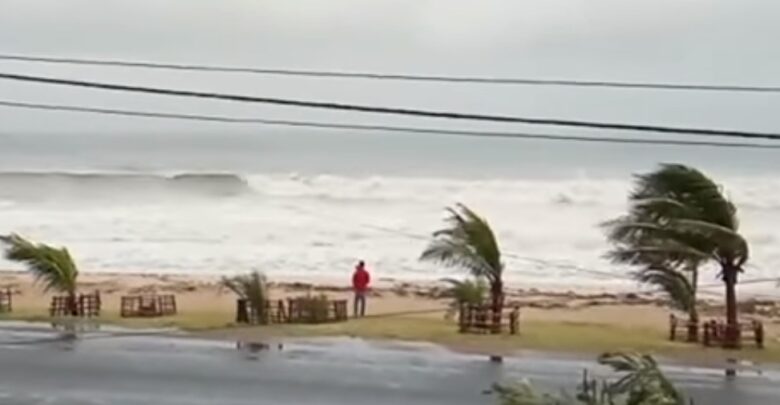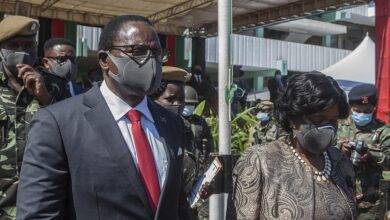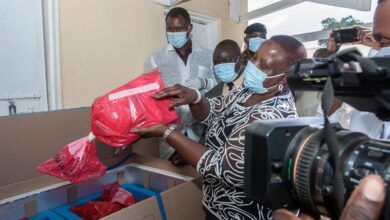Malawi
Malawi’s Information Minister Says Country’s Situation Still Dire Weeks After Storm

Malawi’s Information Minister Moses Kunkuyu on Tuesday said the country’s situation is still dire two weeks after Cyclone Freddy caused a trail of destruction, reported The BBC. Hundreds of people have lost their lives in the cyclone, which has become the longest-lasting tropical storm on record.
During an interview with the BBC Newsday program, Kunkuyu said that the death toll has crossed 600 and many displaced people are still living in camps for shelter and food.
He said floods washed away roads and dozens of bridges, making it difficult for the authorities to provide desperately needed aid. He added due to flooding and congestion, there was a risk of outbreaks of water-borne diseases in the shelter camps.
Malawi’s information minister also pinpointed a crisis in the health and education sector in the worst flood and storm-affected areas, where electricity infrastructure is under repair following damage by a previous cyclone. He noted that many areas were still affected by power outages.
“So even the health sector is now overwhelmed as well. Education center also remains affected because most of the camps that have been created are at schools,” the minister said.
He said as far as the reopening of schools is concerned, the government was having to make a tough decision to move the displaced people from the schools to tents that will now serve as temporary shelters for them. He noted that the storm has damaged at least 500 schools.
Last week, Malawi’s President Lazarus Chakwera said that Cyclone Freddy has damaged almost half of the country. The president said the structural destruction was vast and also appealed for aid from the international community.
Cyclone Freddy stormed across Mozambique and Malawi earlier in March for the second time in a month, destroying a large number of homes and triggering widespread floods.





